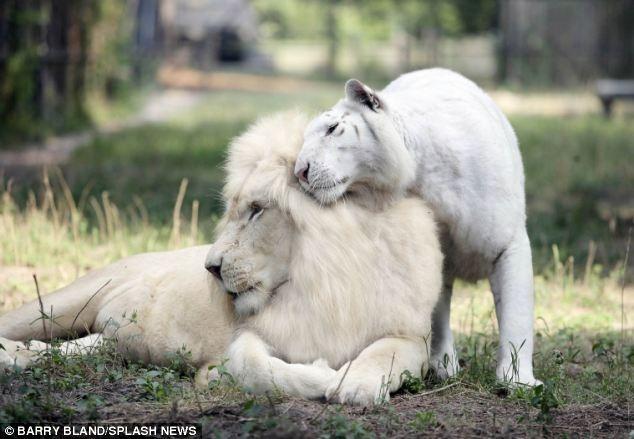So far..
Yetos > '' D is northern IE languages while Θ is Southern IE languages'' ( Like Sanskrit & Armenian? )
Yetos > '' Even in Albanian universities they don't teach such '' ( It seems Greek ones do )
Yetos > '' The pronounce of Θ was always Θ'' ( More than half letters had different phonology, so maths say that this is a possibility )
Yetos > '' Μαλθος/Μαλθακος/Μαλακασ are simple nouns (Μαλθακος > poetic form of Μαλακος, corresponds with 'Μελδω'. Mαλθος is not a real word)
Yetos > '' At 2017 you have found the most stupid books of losers '' ( All of them Greek ''losers'', hopefully we're talking with a wise one here.lol )
Yetos > '' So the male cat is Pardos '' ( The word Παρδος is not written with Θ in Gr. No need for further explanation )
Yetos@
Alba means 'white' in Latin, i don't think it corresponds with any words in Albanian.
It is quite logic though to believe that the tribe Albanoi and Parthinoi are the same tribe recorded under 2 languages.
Latin term is Albanoi = dressed in white?
And then the term Parthinoi confirms that Greek and Albanian are really close to each other, in Greek ' Παρθενο ' means ' Virgin '
The definition of white colour..White, an inherently positive color, is associated with purity, virginity, innocence, light, goodness, heaven, safety, brilliance, illumination, understanding, cleanliness, faith, beginnings, sterility, spirituality, possibility, humility, sincerity, protection, softness, and perfection.
The word 'Bardhë' (white.Alb) and the word 'Partheno' (virgin.Gr) correspond with each other as you see,
and since we can shift the Θ > D,DH then maybe ParΘeno was ParDHe-no or Bardhë-no.
So Albanoi = dressed in white? and Parthinoi or Bardhinoi = dressed in white ?
It's one of the many words found only in Greek and Albanian with different meanings i think, hence i believe that Gr and Alb should be in the same category of languages.
-
Another similar interesting term used from Romans is the term 'Mare Nostrum' ( OUR SEA ).
Despite that Greeks are trying to explain everything under their language let's just mention that
in Albanian the term ' Deti Jon ' ( Ionian sea ) has the same meaning as 'Mare Nostrum' which is ' OUR SEA '
Jonë = our
Joni = ours (him)
Jona = ours (her,that)
Jonët = ours (them) >> reminds us the term IONIANS ( Ιωνες. Gr )
Also something about Epirus, we all know that the Albanian explanation for the term is that it took it's name from it's founder,
the great general Piro of Epirus, so E PIROS = of Piros '' Piros's '' (land)
Illyria from Illyrius's (land)
Dardania from Dardanus's (land)
And of course.. same as Emathia from Alexander the GREAT,
''E madhja'' refers to the second name given to him.
Alexander the GREAT so Emathia = ''The great one's'' (land)
p.s I don't think your opinion represents the majority of Greeks in this forum, what i say is that Greek and Albanian should be in the same language family, and i used Greek books to show you that Θ.Gr = D,DH. Alb existed in Greek books 150+ years ago. You could maybe explain us why those Greek authors had such claims about Albanian language, what made them to write these books?









